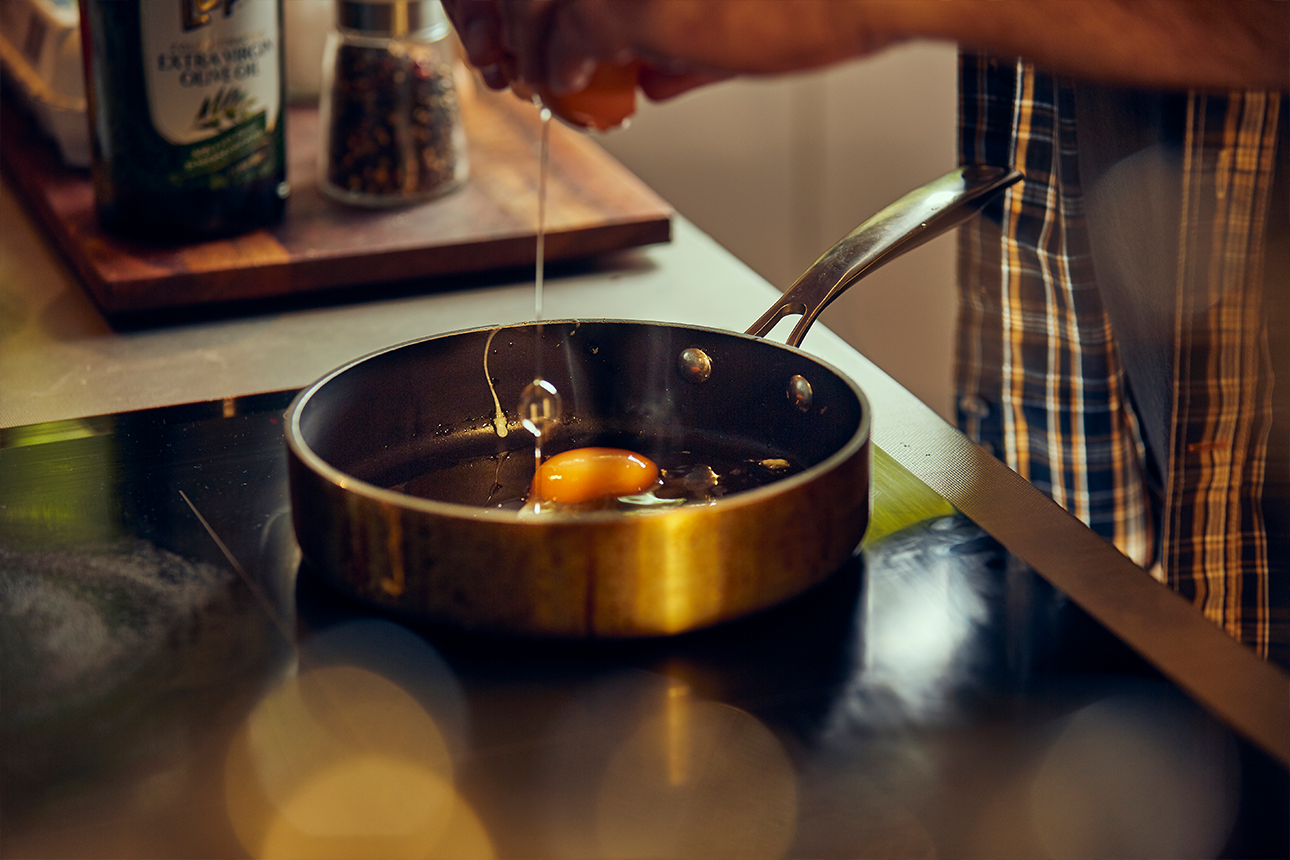This month, the Health Select Committee reported back to Parliament on the Therapeutic Products Bill. The bill aims to regulate therapeutic products to support the health and safety of New Zealanders. Therapeutic products are medicines, medical devices, natural health products (NHPs), and active pharmaceutical ingredients.
As a young Māori wahine (Ngāpuhi, Te Āti Awa), I wanted to write about the way the Therapeutic Products Bill, if passed, will interact with rongoā Māori as a cultural practice. This is important to me, as it threatens obligations under Te Tiriti o Waitangi – something I take seriously, not only because I’m Māori, but because I’m a New Zealander who cares about respecting the promises our country was built upon.
UPDATE: Earlier this week, the government announced it will not regulate rongoā Māori as part of the Therapeutic Products Bill, unless products are made for export or commercial reasons. To monitor those products, the government has established an advisory committee of rongoā experts and Māori health leaders to make changes to the bill. Consumer hopes the Māori advisory committee have genuine influence over guiding the implementation of the bill.
The following article was published in our Winter edition of Consumer before the announcement on the 13 June 2023.
In general, Consumer NZ supports the bill. We believe regulations on products such as sunscreens and supplements will give consumers much needed assurance and safety.
But we also acknowledge it's crucial to consider how the bill can accommodate the needs of all New Zealanders, including those who practise rongoā Māori.
The question remains: how can the proposed legislation balance regulating therapeutic products with preserving cultural practices such as rongoā Māori?
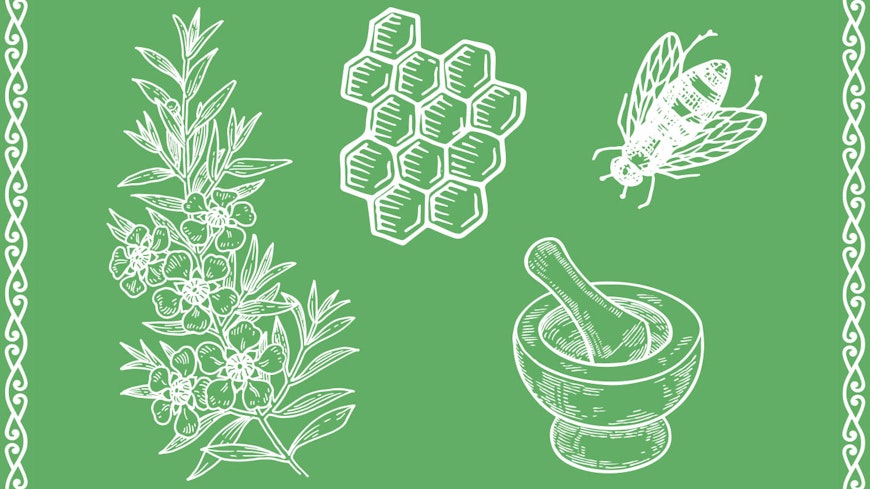
What is rongoā Māori
Rongoā Māori is a traditional cultural wellness practice, often called Māori medicine. Practitioners identify it as focusing on uplifting the mana (power, influence) and mauri (life force, essence) of people and place through re-establishing balance.
There are many ways to practise rongoā Māori. These are categorised into rongoā rākau (plant remedies), and Te Oo Mai Reia (spiritual healing).
A reluctance to talk about the regulation
Consumer reached out to rongoā Māori practitioners and many did not want to comment on the bill. This can be for a number of reasons. When something culturally significant to you is suddenly at threat of being regulated by those outside the community with little knowledge on it, this can be difficult to engage with. Plus, if you feel your voice has been ignored, it may feel difficult or even pointless to speak out.
One practitioner was comfortable speaking with us, but under condition they remain anonymous. They will be referred to as Margaret in this article.
Margaret has been practising rongoā Māori for over 20 years and is an expert in her field. She talks us through her practice and why it shouldn't be included in the Therapeutic Products Bill.
Who uses rongoā Māori?
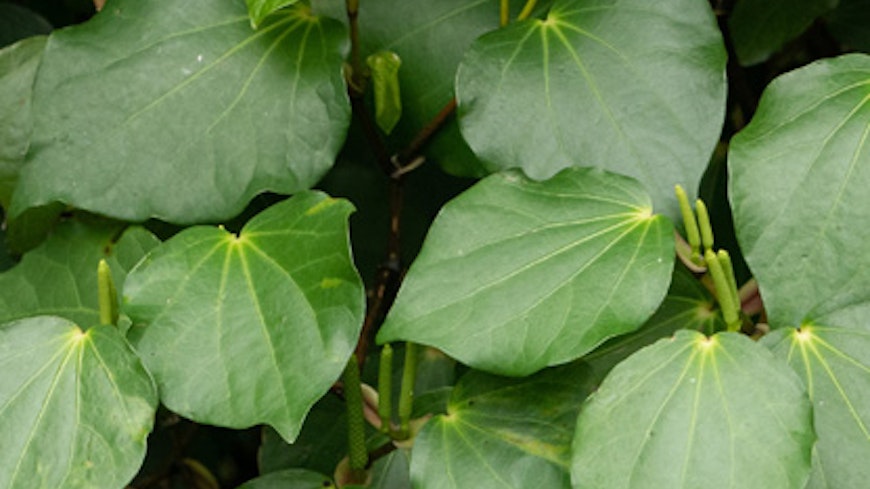
Kawakawa (Māori pepper tree) leaves can help heal cuts and wounds
Rongoā Māori is an accessible form of healing for many different people.
“We administer to people, not to specific diseases… it is about the person, their environment, their needs and wants, and their ability to respond to or affect change,” Margaret told Consumer. While two individuals may share symptoms, they are often treated differently because no two people are the same.
Rongoā Māori is not exclusively practiced by Māori. Many young women who are raising families are connecting with rongoā Māori as a natural alternative to pharmaceuticals too, as well as many Pākehā who mistrust medical and pharmaceutical systems.
“I don't have anything negative to say about the current health system because that's their domain and they do a lot of good. They're specialists at what they do, we are not them, and they are not us,” Margaret said.
Margaret believes Western medicine and rongoā Māori complement each other in many ways and can work together to help many different people. Having a healthy respect for different ways of healing can only benefit people as a collective, she said.
“There will be times when the most appropriate course of action for a person might be through the Western system, particularly in an emergency – which doesn't mean they can't work together. And there are times when rongoā Māori will be the most appropriate path for a particular person's needs.”
A community of practitioners
Across Aotearoa, many people practise rongoā Māori within their homes because they’ve grown up with it around them. While they may not see a “registered” practitioner because they can treat themselves, they’re still staunch advocates – Margaret told us.
Many rongoā Māori practitioners do not believe the government has a right to restrict this traditional wellness practice, especially when it has its own cultural regulations and standards. Margaret said tikanga and kawa (policy and procedure) has worked to regulate rongoā Māori safely for generations.
“Another form of regulation is of no value to rongoā Māori at all – unless Māori deem that appropriate, and I'm yet to come across a rongoā practitioner that is in favour of Crown regulation of our practises,” Margaret said.
As an agent of the Crown, Manatū Hauora (Ministry of Health) considers itself to be meeting its responsibilities under Te Tiriti o Waitangi to actively protect rongoā Māori, which is a taonga (treasured property).
The Ministry told Consumer that when considering legislation around NHPs and the possible implications for rongoā Māori, it recognised its role and obligation as a partner to actively provide for the recognition and protection of rongoā, alongside mātanga rongoā (experienced professionals of rongoā).
How will rongoā Māori be affected by this bill?
If passed in its current state, rongoā Māori will be regulated by the Therapeutic Products Bill as it uses “natural health products and medical devices.”
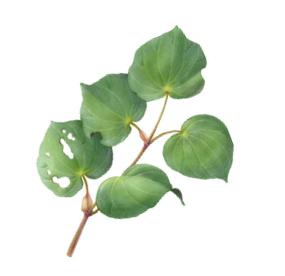
However, Margaret believes rongoā Māori cannot be reduced and defined by these products. It involves many different approaches and is a multi-faceted holistic practice.
The government has established a rongoā Māori workstream. This workstream will explore how rongoā Māori works within the Therapeutic Products Bill in terms of licences and permits; product standards; market authorisation (including exportation); and health benefit claims.
Manatū Hauora identified that the workstream provides advice on the protection of rongoā, the assurance of patient safety, and ensures access to the export markets for rongoā practitioners.
Margaret believes that if the bill is passed in its current state rongoā practitioners will likely need to pay for licences and permits. She’s concerned that this additional cost will reduce access, and discredit rongoā Māori’s safety.
A call for clearer guidance
When Consumer reached out to Manatū Hauora before this week's announcement, a spokesperson reiterated that they are dedicated to protecting, promoting and improving individual and community health.
“We recognise the importance of rongoā Māori and the Crown’s obligation to actively protect it. Manatū Hauora is leading work on considering any gaps and opportunities to protect rongoā Māori. [The rongoā Māori workstream] is currently in the process of providing advice [to us which] includes Te Tiriti o Waitangi in its scope.”
Manatū Hauora explained that if the bill is passed, a list of NHP ingredients will be developed, with public consultation. In addition, secondary legislation will be established to support the regulation of NHPs and will also be open to public opinion.
“The bill will allow certain decisions to be reviewed by an internal review panel. The bill also provides other avenues for people to appeal decisions, including to the courts,” a spokesperson told Consumer.
As the bill currently stands, a regulator appointed by Manatū Hauora will have control over many therapeutic product processes and guidelines, including rongoā Māori. With no clear insight into how the regulator will be selected, rongoā practitioners are concerned whether the Māori perspective will be appropriately represented – which it needs to be to honour Treaty obligations. Similar can be said for the internal review panel.
Concerns over meeting Te Tiriti obligations
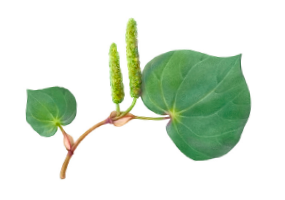
“The Natural Health Products section and other parts of the bill are not fit for purpose in a lot of ways. The bill fails to recognise Rongoā Māori as a taonga and therefore protected from Crown intervention and regulation,” Margaret told Consumer.
Margaret believes the bill, as it currently stands, criminalises rongoā Māori. Penalties for breaching the legislation will vary depending on the nature and circumstances of the conduct – from infringements and fines to imprisonment. However, if there were to be considerable penalties for rongoā Māori and practitioners this could influence how the practice may be perceived and tolerated over time.
“The Crown has an obligation under Article Two of Te Tiriti o Waitangi to protect Māori rights to Tino Rangatiratanga (sovereignty), over our own Taonga Tuku Iho (cultural property), of which rongoā is one.”
Associate Minister for Health (Māori) Hon Peeni Henare also asserted this before the announcement earlier this week. He said that the Crown has an obligation to actively protect rongoā Māori under Te Tiriti.
We won’t know how rongoā Māori will be regulated until the bill is passed. Yet, in our view, the lack of disclosure about procedures at this stage shows there is not enough being done to reassure rongoā practitioners.
Assurances that Te Tiriti will be considered, that guidelines will be developed through future legislation, and that there will be opportunities to appeal regulation decisions can come across as a way to dismiss concerns when we are yet to see any evidence of how these things will be implemented.
None of these things that Manatū Hauora have expressed demonstrate how the regulatory process will work, what criteria will be considered when hiring the regulator, who will make up the review panel, or how regulation will be executed.
At the time of writing this, the select committee is going through submissions made by the public regarding the bill. While this could lead to positive changes regarding rongoā Māori, it also may not.
Based on what rongoā practitioners are vocalising, there is clear demand for a section in the bill dedicated to the protection of rongoā Māori and a clear indication of how this will be achieved.
Hon Peeni Henare identified that with Parliament’s focus on Te Tiriti, they have consulted with a variety of rongoā practitioners through Te Kāhui Rongoā, a national collective of rongoā Māori healers, and other groups.
Margaret believes the issue is not a lack of consultation, but that the Crown simply aren’t listening.
“I believe the Crown already know what rongoā Māori practitioners think, [our] views haven’t changed… It is like making a law about medicine and not listening to doctors.”
Margaret left us with this. “I would like to see rongoā Māori free from intervention, interference and exploitation by the Crown and others – that's the outcome I would like to see.”
If you’re interested in hearing other perspectives on the bill and how it may influence regulation, listen to our Consume This Podcast.
Public Interest Journalism funded through NZ On Air

